How this refugee family has thrived in Sioux Falls since after the end of World War II
The Kondert family reunion anniversary celebrated in the First Presbyterian Church this month is another reminder of how tricky world history can be and what an enormous gift is human kindness and generosity, especially in the troubled times like we live in today.
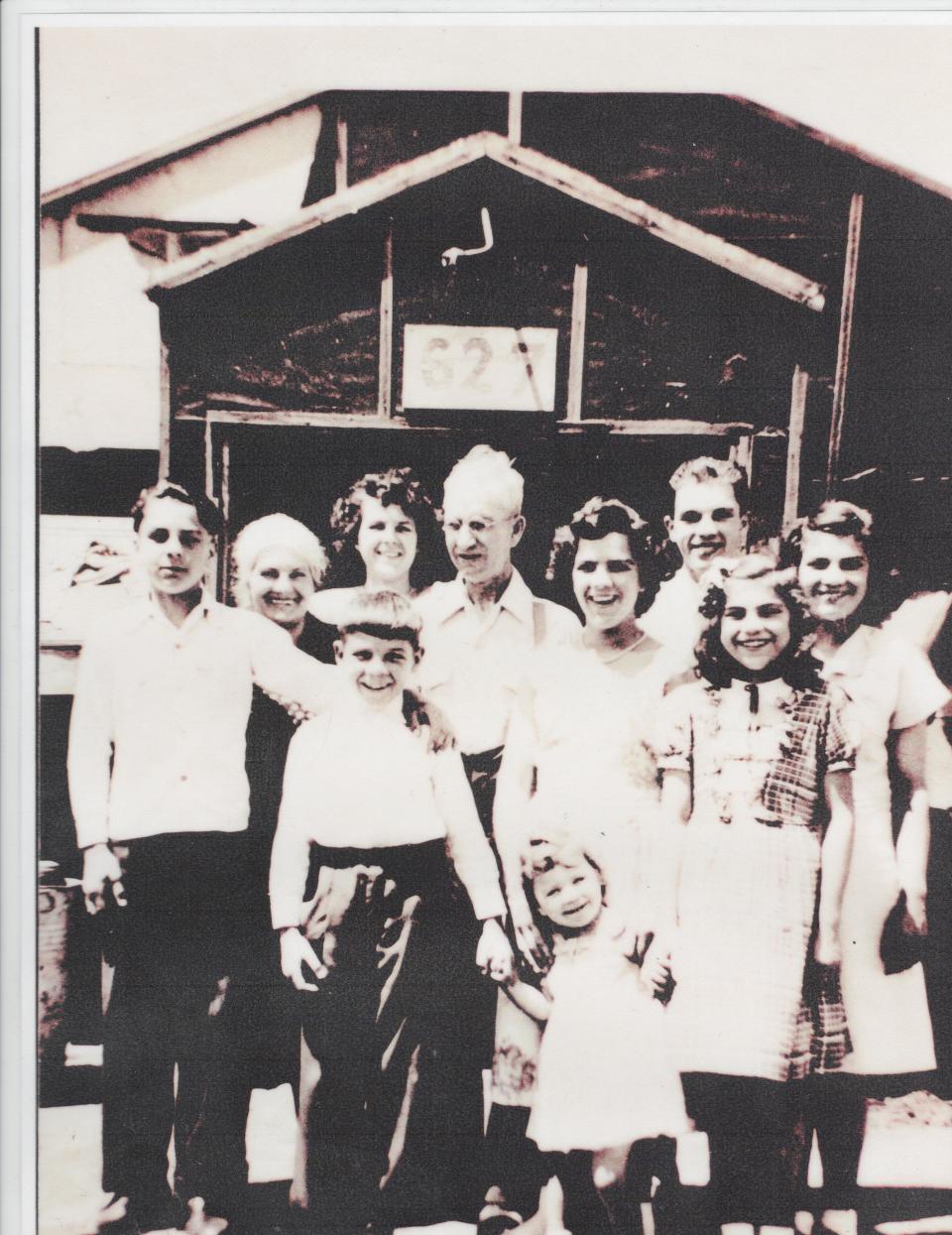
The Kondert family originally came to Sioux Falls as a refugee family. The First Presbyterian Church in Sioux Falls was the only church in the U.S. at the time that agreed to sponsor them because the law, as family members noted, required a sponsor to stay in the country after they managed to arrive on Ellis Island in New York.
It was a long journey for the Konderts before they arrived at the famous refugee fort post of the new world. Before WWII caused a massive amount of people to resettle, Josef and Hermine Kondert lived in the Transylvania region in the city called Dedrad, which at that time was part of Romania.
More: What do 3 murders from 1943, 1986 and 1999 have in common? Police are still seeking answers.
However, in 1944, with the Red Army advancing as part of the allied forces game plan from the East to liberate the Eastern Europeans countries from the Nazi troops, the family had to flee. Initially, they thought their escape was not going to last long.
“They told us, we would be back in two weeks, and that the Russians would be gone,” said Ilsa Grindeland, who was 7 years old at that time.
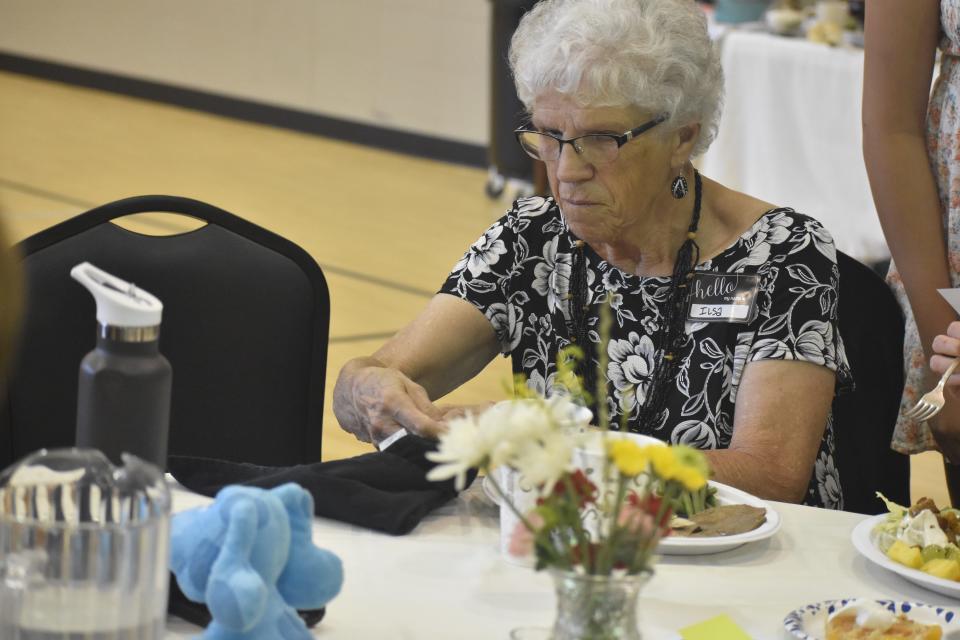
With the allies advancing, all ethnic Germans in Transylvania were in danger because they identified with the German Nazi cause, and many of their young men were serving in the German Nazi military, said Reinhart Kondert, the last of the Kondert children born before the move. Reinhart later taught history in the University of Louisiana at Lafayette.
Their dad’s brother was in the German Nazi army, Grindeland said, and as her brother noted, it was time to get out. On Sept. 13, 1944, the family with nine children decided to flee. They all loaded on a buggy with a few other family members, but the horse could not pull it, Grindeland said.
The parents begged the army officers to take them with as they were leaving westward, and the family was finally put on cattle trucks and brought to Hungary.
“In Hungary, they dropped us off, and we had to go and knock on the door and ask a farmer to take us in,” said Grindeland.
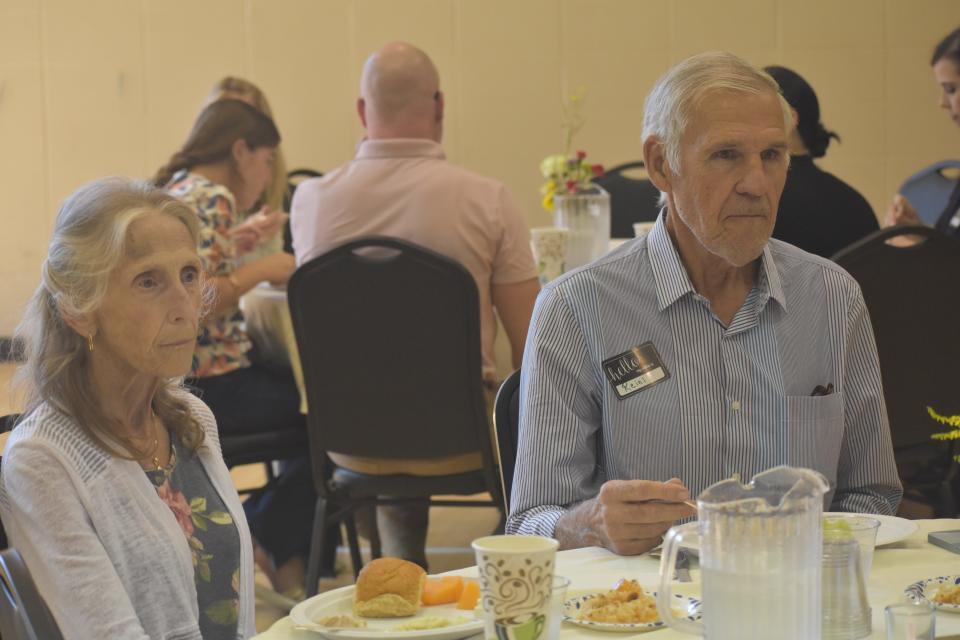
After that, the family managed to get on a refugee train. The procession was bombed on its way by the allies’ forces, said Linda Kienast, the youngest of the family, born in Austria. In Austria, the Konderts were housed in a refugee camp in the municipality of Stadl-Paura for the next several years.
“A lot of the men that came to live there in the barracks were our soldiers, German soldiers,” Kienast said. “Sometimes, they came as prisoners of war from a Russian camp.”
The part of Austria where the Kondert family stayed came under the American military zone of occupation after the war. The children remember that the American soldiers were giving them candies, and that the American military helped their father find temporary manual employment opportunities.
With grown-ups working and attending the house, and children going to school, life has started to get back to normal, but it was still hard. The family, with now 10 children, was given two rooms in the barracks, and the children got fleas.
“Life in Austria was extremely difficult for us, and as displaced persons living in a very poor, war-torn country, there was no future for us,” Kondert said.
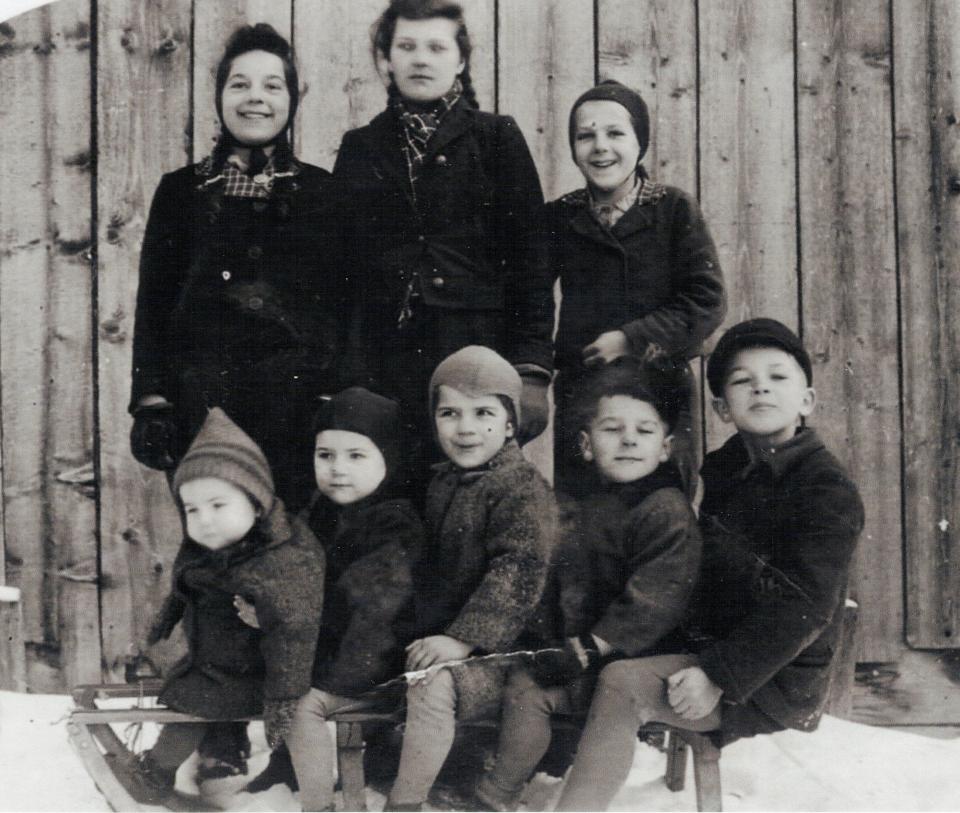
In 1952, the family got permission to emigrate to the U.S., but to stay there the family needed a sponsor. Upon their arrival to Ellis Island, where the family was housed in a hotel, the First Presbyterian Church in Sioux Falls agreed to sponsor the large family with eight children.
Two of the Konderts' older daughters Mimi Csordacgics and Herta Metzger married in Germany, but Csordacgics came to the U.S. a few years later.
More: Sanford Children’s Hospital in Sioux Falls will soon have an accessible outdoor park
When the Konderts arrived at Sioux Falls, the whole First Presbyterian Church congregation came to meet them at the train tracks with one of the church members Fred Studer acting as their interpreter. The family later referred to Studer as their angel.
“They brought us to the church and had a large buffet of food, and we thought we were in heaven,” Kienast said.
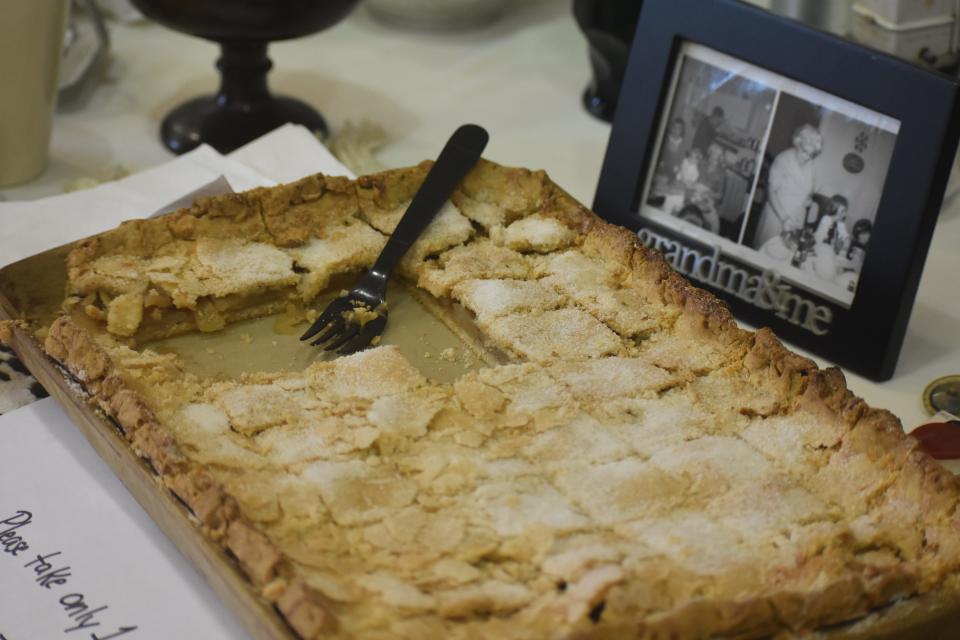
The family was temporarily housed in a military barrack at the Sioux Falls Regional Airport, but the barracks flooded, and the family was moved to the church parish house. Upon arrival in America, every family member aged 15 and older had to work, Grindeland said, who was 15 at that time and worked as a nanny.
“Everybody had to have a job,” she said.
The family worked as housemaids, nannies or construction workers, and most of those first employment opportunities were found through the members of their sponsor congregation.
The congregation then helped the family find a house, and Studer gave them a loan of a few thousands dollars to move the house from its original location on Minnesota Avenue and 24th Street to 37th Street and Walts Avenue, where it remains today.
“We thought it was a palace,” Kienast said. “It was huge. Now, of course, we look at it, and it's not that big.”
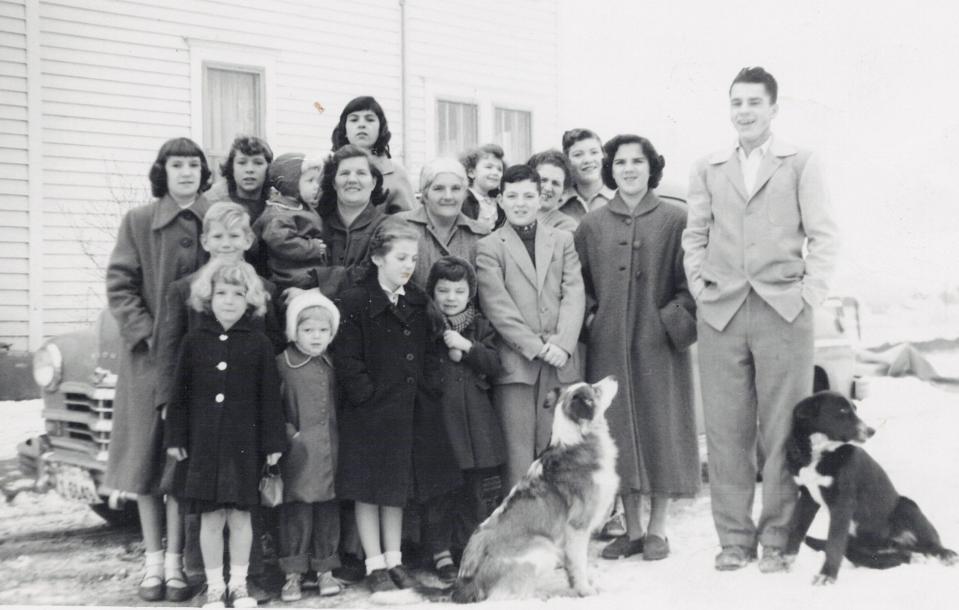
Thus, First Presbyterian Church in Sioux Falls became instrumental in the family history of an Eastern European family caught into the intricacies of 20th century politics. Today seeing both the original pilgrims and their descendants together can make an observer remember a phrase from the Talmud, popularized by the movie “Schindler’s List:" "Whoever saves one life saves the world entire.”
This article originally appeared on Sioux Falls Argus Leader: Sioux Falls family reunites with the church that saved them during WWII

